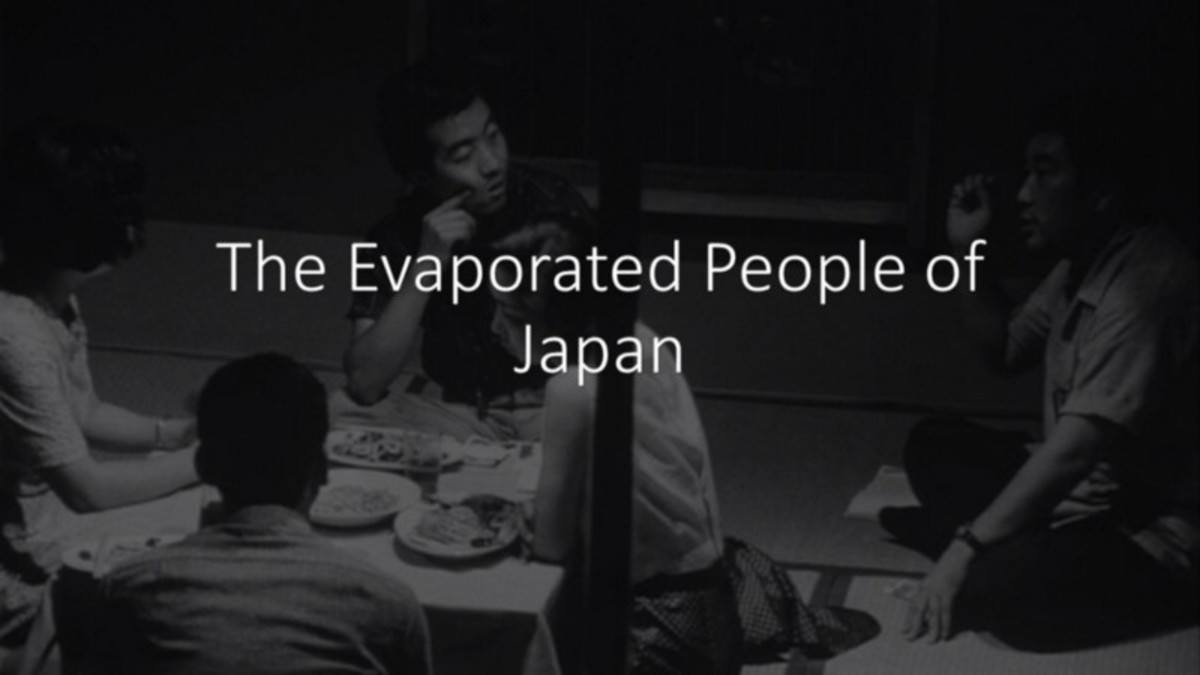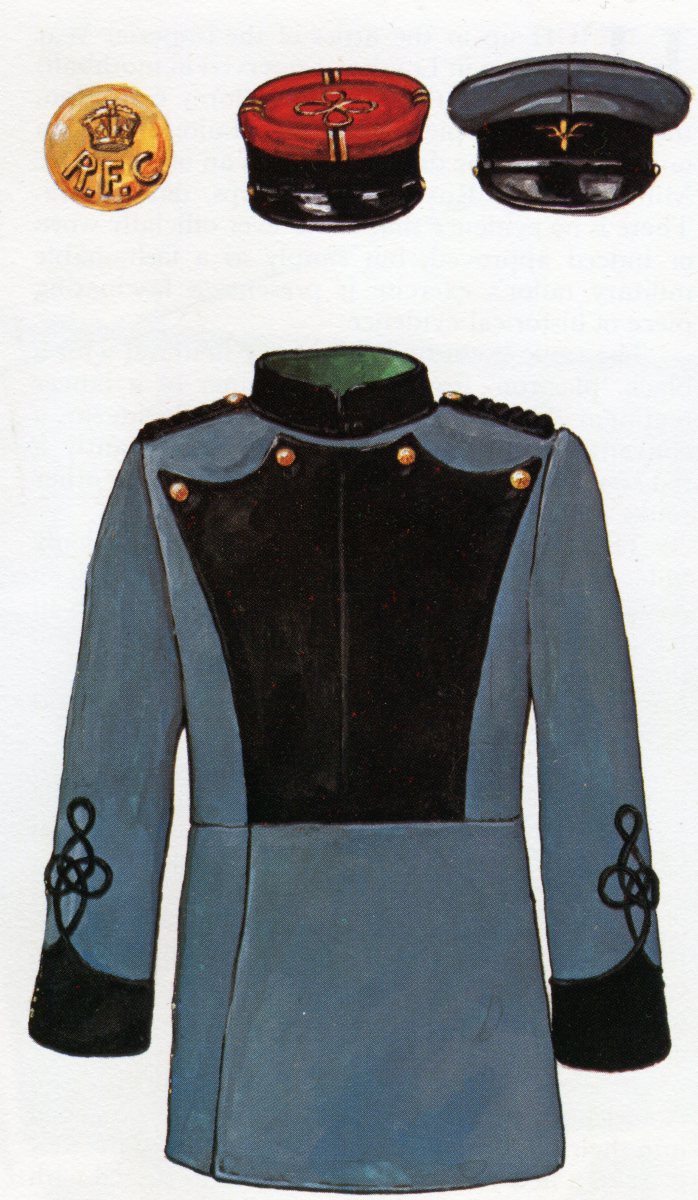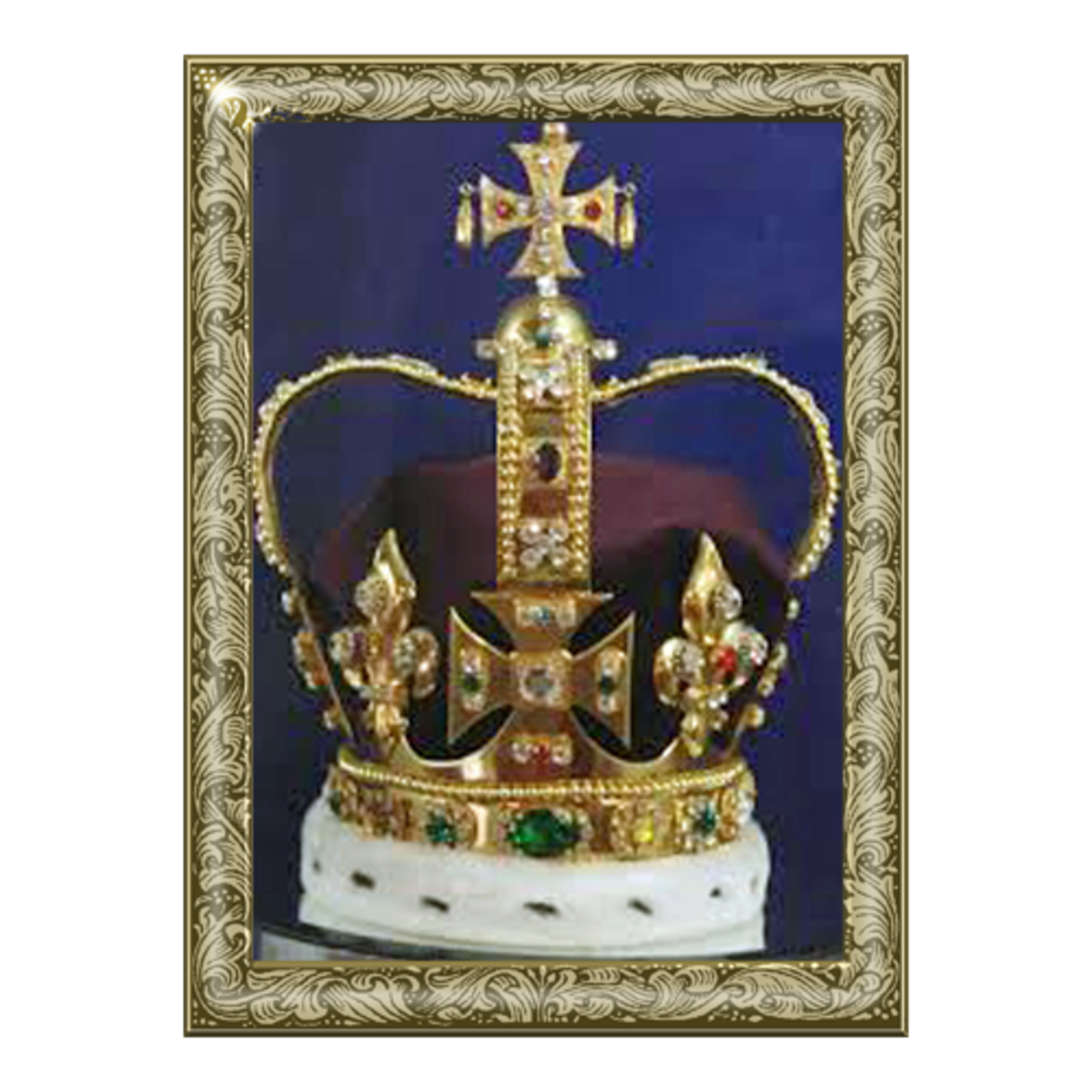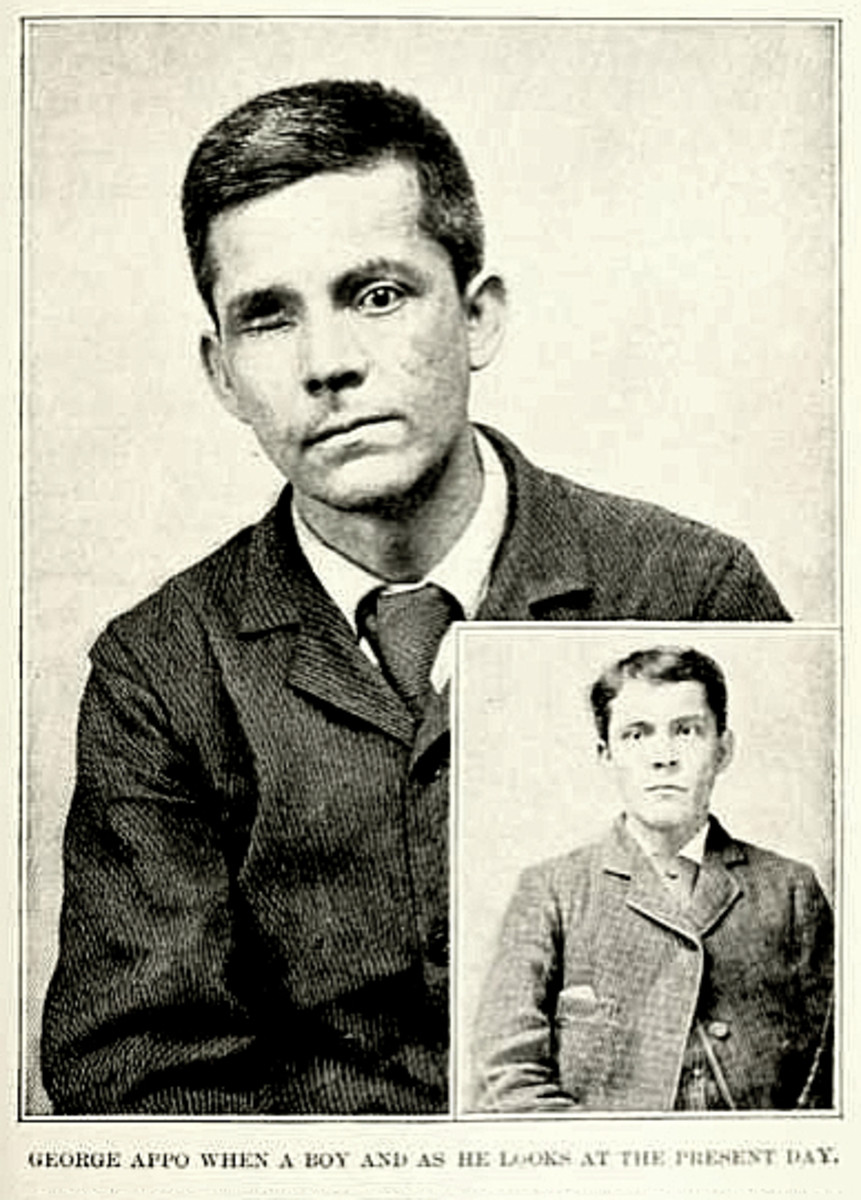- HubPages»
- Education and Science»
- History & Archaeology»
- History of the Modern Era
The Royal Wedding: Why I Don't Care
Why I find the concept of royalty offensive
Apparently, there is going to be a royal wedding in Great Britain in a few days. I say apparently because, as the title of this hub indicates, I really could care less. I have not even bothered to look up the date of the wedding to see if it has happened yet. Of course, you could counter my supposed lack of interest by asking me why I am spending time addressing this topic. Since that is a valid point, I will take a little time to explain why anything related to royalty, nobility, or fancy traditional titles pisses me off.
My hostility toward all things monarchy is not entirely my fault. We Americans like to believe that we live in a land of opportunity, a place where all people, through hard work and/or ingenuity, can rise up in the world. People should be judged by achievement, not by the circumstances of their birth, titles handed out by others with titles, or their ability to marry into nobility. Hostility toward nobility, in fact, is built right into my country’s Constitution:
“No Title of Nobility shall be granted by the United States: And no Person holding any Office of Profit or Trust under them, shall, without the Consent of the Congress, accept of any present, Emolument, Office, or Title, of any kind whatever, from any King, Prince, or foreign State.” (Article 1, Section 9)
Damn right. In America, social class is not determined by family lineage or handed out by important personages. We have a more rational way of determining class: by the size of your checking account. If you are rich, then you are upper class. Bill Gates may be a computer nerd from a family of no previous consequence, but when you are worth tens of billions, we Americans respect that.
Of course, I recognize that the whole “land of opportunity” thing is a bit exaggerated. In the United States, like all nations, the primary determinant of one’s eventual social class is birth status. If your parents are rich, you will probably end up the same, and poor parents tend to have kids that wind up being poor. In addition, there are some Americans among families who have been rich for generations who look down on “new money” upstarts. Still, there has always been a certain amount of social mobility in the United States, and if “old money” families somehow lose their wealth, they have no fancy titles to fall back on. In European nations with an aristocratic tradition, a noble title cannot be lost. Even if some sort of duke or lord becomes poorer than most of those filthy “commoners,” he can take pride in his noble breeding.
My negative feelings toward royals, however, come from more than beliefs in social mobility and judging people on the basis of achievement. There may also be some historical baggage left over from my country’s former colonial status. When I grew up, after all, the King of England was not exactly portrayed to me in a positive light. Having been brought up with a firm belief in democracy, the whole concept of monarchy is a bit offensive. And the fact that British monarchs no longer have any real power does not completely snuff out my historical and political grudge.
I also admit that I have a general hostility toward rich people, a feeling that is particularly intense when it comes to those born into wealth. I find it impossible to feel any empathy for these people brought up in some sort of a bubble world, and their petty problems seem miniscule in a world filled with rampant poverty, violence, and social injustice. So I apologize if I do not break out into tears when some rich person or royal personage has a screwed up personal life. Yes, I understand that the rich and famous have problems that I cannot relate to, but they also have opportunities that few can imagine. But as mentioned earlier, I feel less resentment for those who worked their way up. Still, the super rich have a tendency to piss me off, partly, I hate to admit, out of jealousy and partly because these people can be just as wasteful as those who inherited wealth. And over time, they inevitably become out of touch with the “commoners” who have real problems.
There are many Americans, however, who do not share my attitudes toward royal families. I recently heard on the radio that Americans are more interested in this royal wedding than people in Britain. Now while I cannot conform if this is true, there is no doubt that many Americans are fascinated with royalty, especially British royalty. Because we lack any sort of traditional aristocracy, Americans go seeking it elsewhere. After growing up with so many Disney movies depicting princesses who live happily ever after, it is understandable why so many Americans may live vicariously through others who seem to live out this fantasy. There may also still be a bit of an inferiority complex in the United States. British history and traditions seem so much richer than ours, and we are still, in a sense, Britain’s little brother. Or, to use another analogy, the United States is the upstart rich “commoner” whose power and wealth is not enough to gain Britain’s noble status. To Americans, a smooth talking British person will always be more noble, sophisticated, and intelligent than a well-spoken American. In the United States, that British accent always makes a person sound smart.
So in this young, evolving, cultural melting pot in which I live, we have ambivalent feelings toward those monarchs who once (sort of) ruled us. Many are enthralled by the tradition and the fantasy, while others are repulsed by these ultimate symbols of injustice and waste. And so a society that celebrates individual achievement and democracy is filled with citizens that care about the day-to-day lives of people who symbolize everything that our country is not supposed to be about. Of course, Americans also have the habit of obsessing over the daily lives of all rich and famous people: actors, musicians, sports figures, TV personalities, etc. So maybe this is just one more way to live vicariously through others and find a little excitement in our ordinary lives. Personally, I will do my best to focus on what I have and enjoy the little things that are more valuable than fame, status, and luxurious, unnecessary crap. And if that doesn’t work, I can always continue the long tradition of making fun of monarchs and anyone who still believes that they matter.









